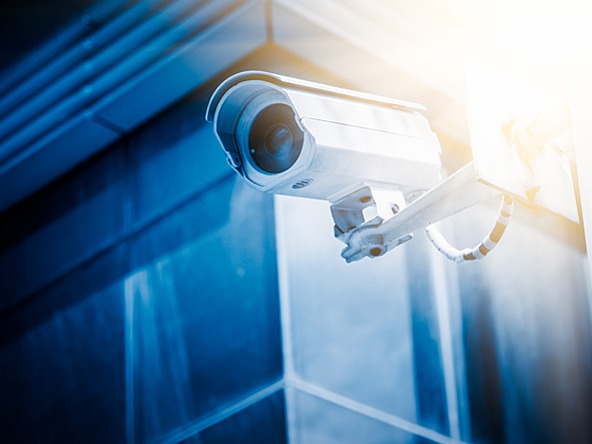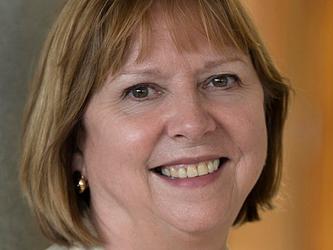Stronger regulation required for biometrics

The Citizens’ Biometrics Council, which was created by the Ada Lovelace Institute as part of a wider project to examine biometrics law, made three recommendations, including putting in place tougher oversight and regulation of biometrics led by a single independent, authoritative body.
The other two main recommendations were having stronger and clearer regulation for all biometric technologies, and enacting clearer standards for the responsible deployment and development of biometrics.
The findings are based on facilitated workshops with 50 members of the public and experts from government, policing, industry and campaign groups which were held throughout 2020.
The workshops, which were designed with support from public dialogue specialists Hopkins Van Mil, focused on helping to develop informed opinions about biometric technologies.
The project is part of a wider programme of work led by the Ada Lovelace Institute that includes an independent legal review of the governance of biometric data called the Ryder Review, which is due to report later this year.
Concerns about the use of biometrics, particulalry facial recognition, have risen in recent years, in particular the technology’s alleged use in targeting Uighur Muslims in China.
Carly Kind, director at the Ada Lovelace Institute, said: “To ensure technologies work for people and society, decisions about how they are developed and deployed must be informed by and aligned with public values and priorities.
“The Citizens’ Biometrics Council aims to understand the conditions necessary for the beneficial, trustworthy and proportionate use of biometric technologies, and is a critical part of the Ada Lovelace Institute’s work on biometrics.”

We hope you enjoyed this article.
Research Live is published by MRS.
The Market Research Society (MRS) exists to promote and protect the research sector, showcasing how research delivers impact for businesses and government.
Members of MRS enjoy many benefits including tailoured policy guidance, discounts on training and conferences, and access to member-only content.
For example, there's an archive of winning case studies from over a decade of MRS Awards.
Find out more about the benefits of joining MRS here.













0 Comments